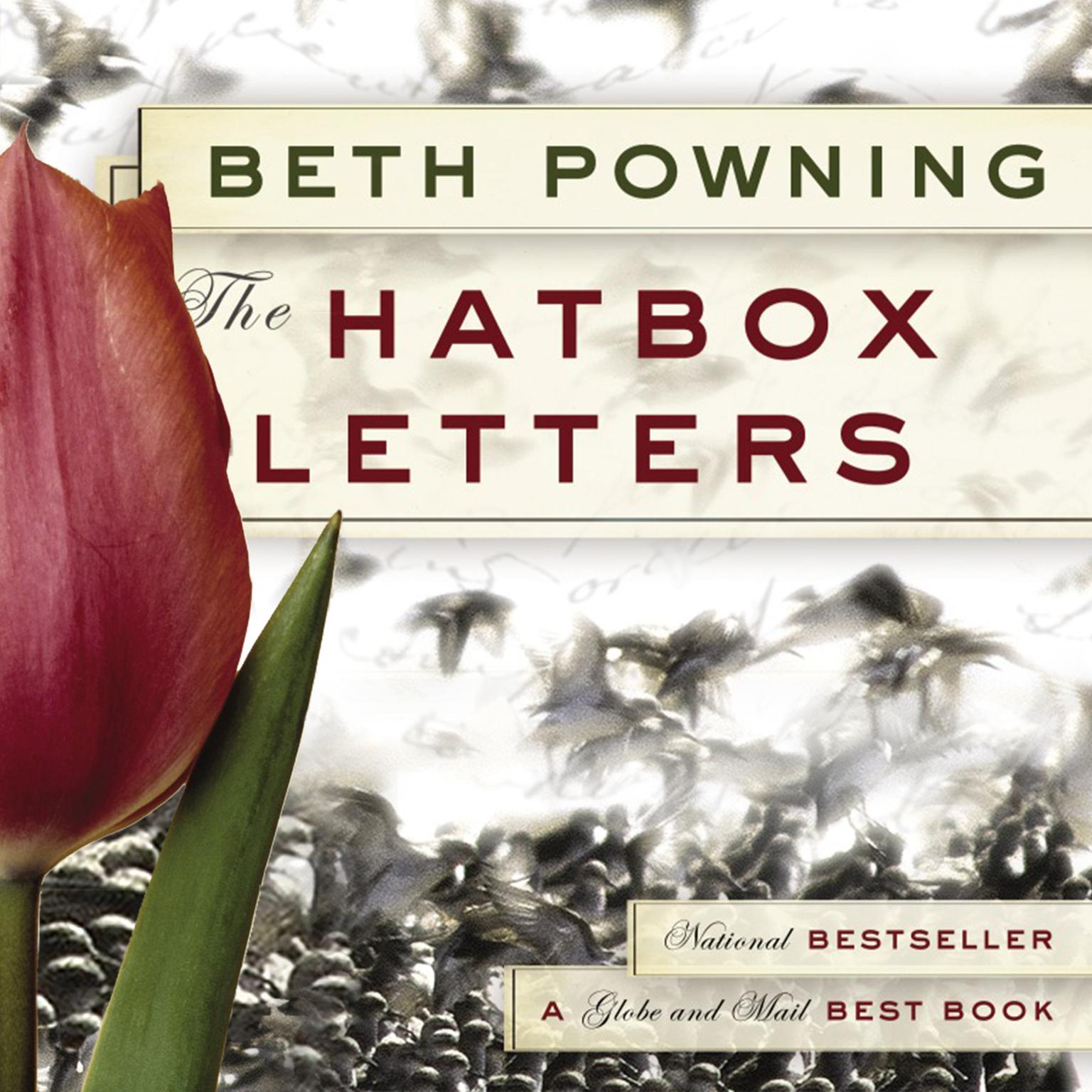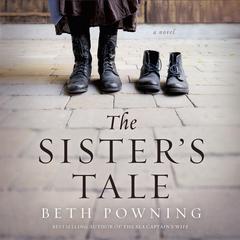 Play Audiobook Sample
Play Audiobook Sample
The Hatbox Letters: A Novel Audiobook
 Play Audiobook Sample
Play Audiobook Sample
Quick Stats About this Audiobook
Total Audiobook Chapters:
Longest Chapter Length:
Shortest Chapter Length:
Average Chapter Length:
Audiobooks by this Author:
Publisher Description
In this beautiful and deeply moving novel, a young widow struggles to come to terms with her solitary life in the rambling Victorian house she shared until recently with her husband and children in semi-rural New Brunswick. It is in this house, surrounded by heirloom gardens and the gentle sounds of a river, that Kate Harding, 52, faces her second winter since the untimely death of her husband. Her children, now grown, are living away, and Kate is truly on her own. In her living room are several hatboxes filled with letters and other ghostly ephemera, recently brought by her sister from the attic of their grandparents’ 18th-century Connecticut house. Their sweet mustiness tinges the air and makes Kate dream of her childhood and of her beloved grandparents. She remembers the sense of permanence and refuge that she felt in their apple-scented world, as well as, more recently, with her husband. As she begins to read the hatbox letters, she discovers that what to a child seemed a serene and blissful marriage was in fact founded on a tragic event. As Kate’s eyes clear to the truth of the past, a new tragedy unfolds, and her own house, filled with the shared detritus of marriage and motherhood, becomes the refuge where Kate can connect the strands of her unravelled life. In The Hatbox Letters — which is both sad and exhilarating, touching and illuminating — Beth Powning offers readers an unforgettable story of love, grief and renewal, both past and present, as well as her extraordinary perceptions of the natural world. Excerpt from The Hatbox Letters The birds rise with a muted thunder, their wings serrate the light. For an instant, a peregrine falcon zigzags through the flock. Then it drops from the belly of the rising bird-cloud. In its talons is a sandpiper, crumpled like a ball of paper. It is hard to decide which drama to observe, the escape of the falcon with its prey or the flock’s display as the birds rush seaward like a single entity, a ballooning flame that rises and falls, expands and implodes, one instant silver and the next black. The flock speeds back towards the beach, passes close to the watchers, makes a dazzling turn, fast as thought. Then, with a diminishing roar, the birds waver, their legs drop, stretch. They touch down. They fluff their feathers, Kate observes, the way humans pull coats up around necks after a shock. Trying to put ourselves back as we were.
Download and start listening now!
The Hatbox Letters Listener Reviews
Be the first to write a review about this audiobook!





